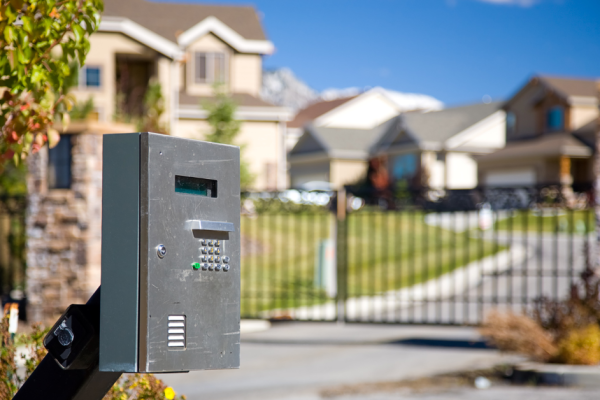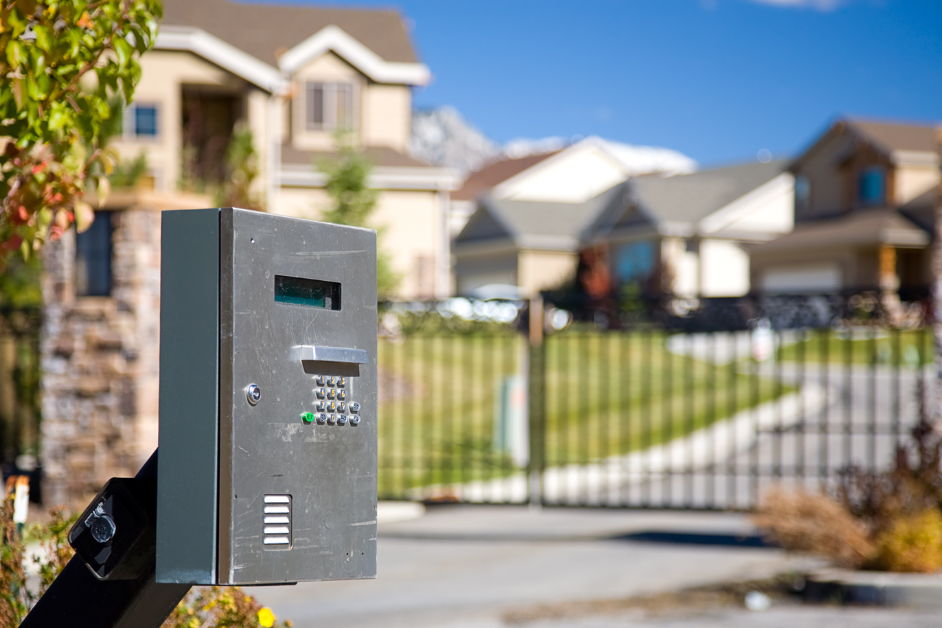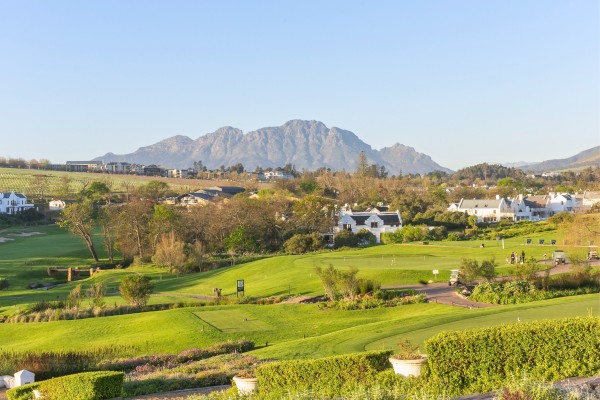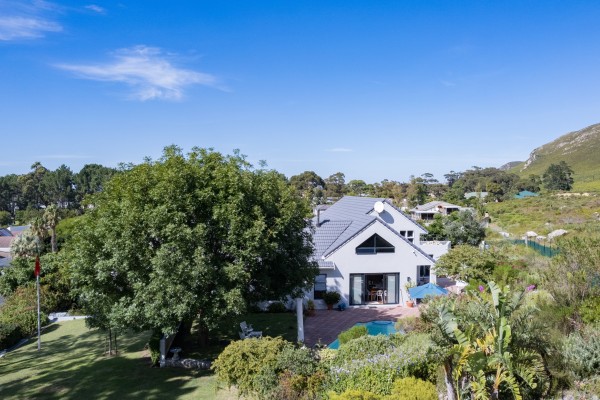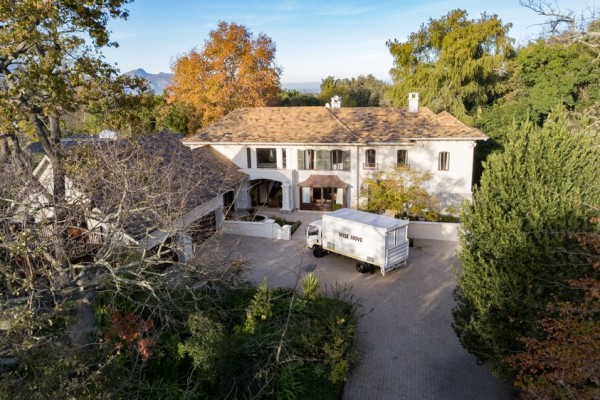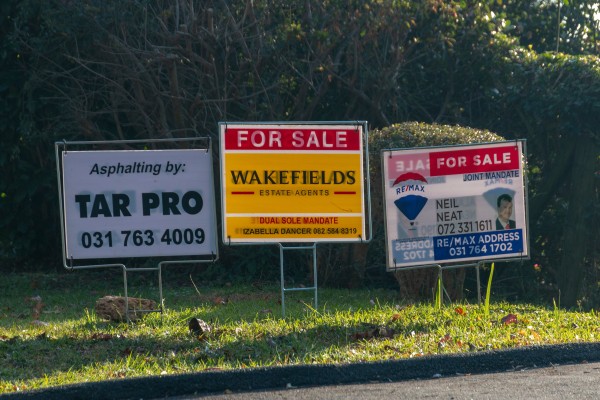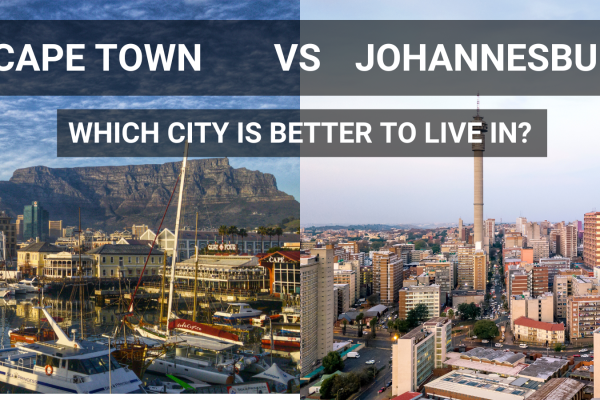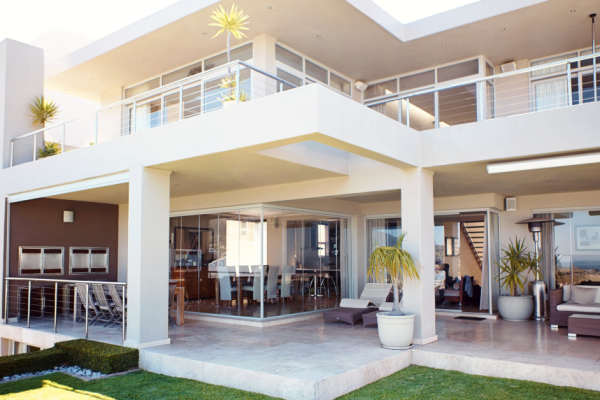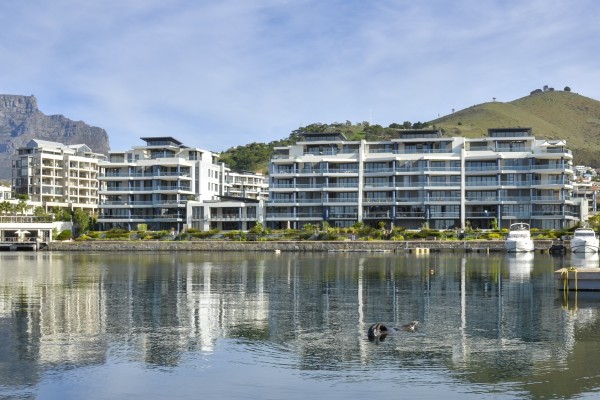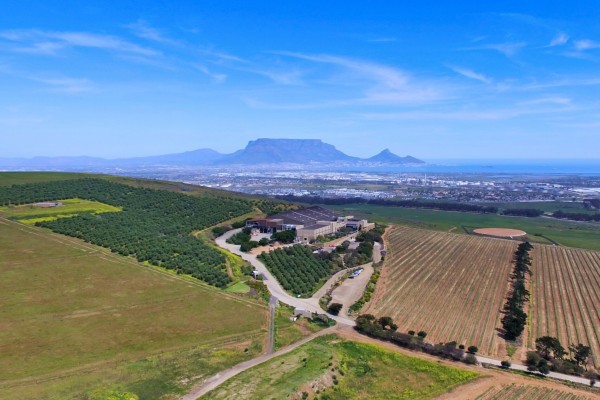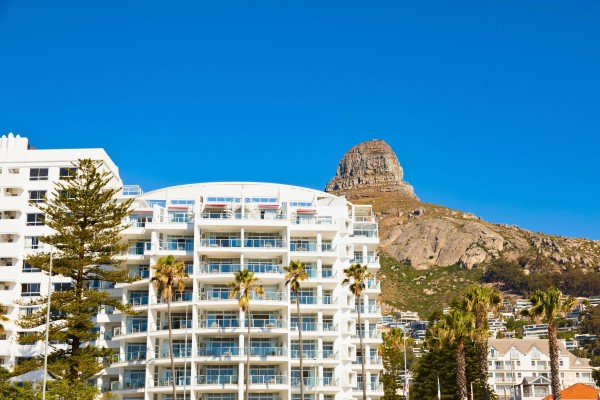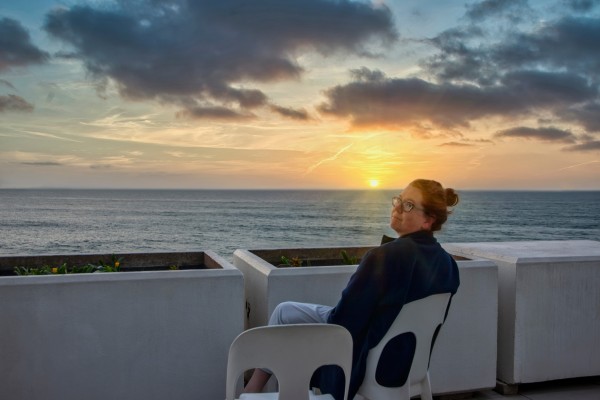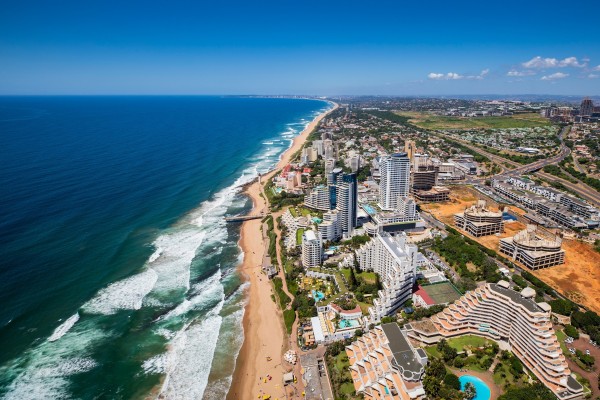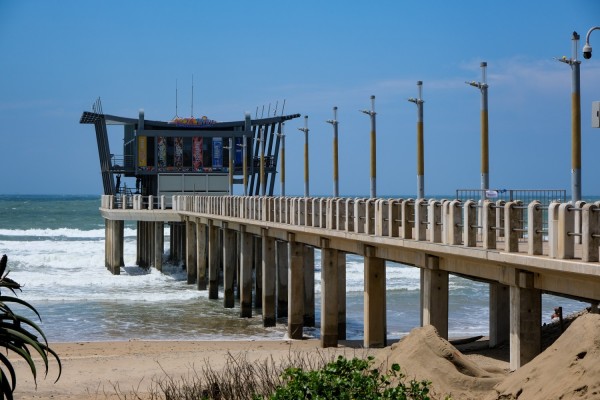Lifestyle Estates and Gated Communities in South Africa | Interview with Estate Living CEO Louise Martin
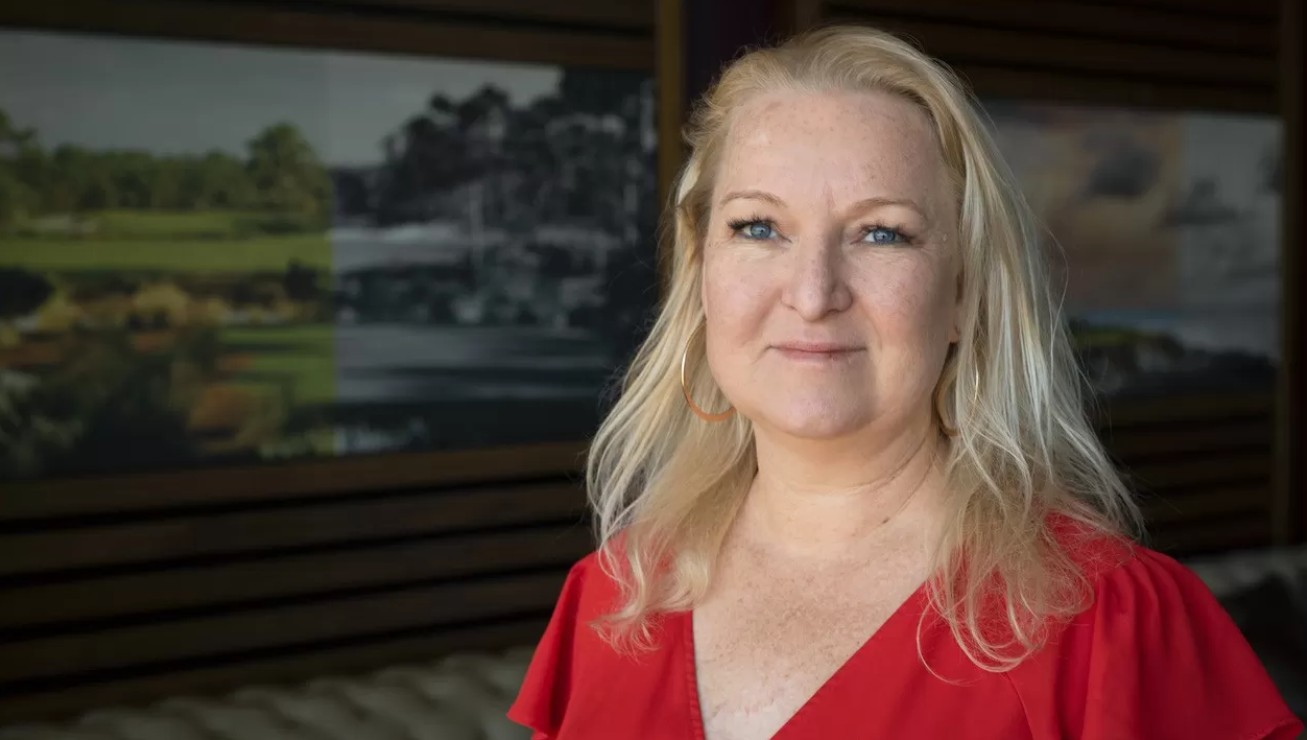
Louise Martin is the CEO of Estate Living, an online eco-system for lifestyle estates, gated communities, and mixed use developments in South Africa. With over 20 years of experience in the property industry, Louise has a wealth of knowledge on what it takes to run a successful estate.
In this interview, we sat down with Louise to discuss the challenges and opportunities for estates in South Africa, as well as her vision for the future of lifestyle estate in South Africa.
“To look at the way forward we have to examine the way backwards” - Louise Martin
Residential estates have come a long way since the days of simple gated communities. Today, they are complex ecosystems that cater to the needs of their residents in many ways.
According to Louise, the need for security has been a constant factor in the residential estate living experience, but lifestyle aspects have become increasingly important to buyers in recent times. In the past, residential estate living was primarily about having a secure environment. However, the current market now focuses on the added lifestyle opportunities and services that estates provide.
Buyers are looking for estates with features that enhance their lifestyles, such as lifestyle centers, parks, walking paths, safe bike routes, and running trails. Consequently, estates are marketed as being resort-like, offering concierge services and other high-end amenities. Technology has also played a significant role in shaping residential estates, especially fiber networks, which have enabled communities to be early adopters of technology.
 Whale Rock Ridge in Plettenberg Bay offers residents an unparalleled lifestyle in this iconic coastal town.
Whale Rock Ridge in Plettenberg Bay offers residents an unparalleled lifestyle in this iconic coastal town.
Moreover, renewable energy has become a key driver in the market, and we are seeing an increasing trend towards adopting renewable energy solutions in estates.
"Although renewable energies have been in the market for a number of years, and many renewable energy companies have been urging action, we are now really seeing a knee-jerk reaction. We are going to see the same thing when it comes to security around water, which will become another big burning issue."
Overall, Louise believes that the evolution of residential estates has been driven by a desire for both security and a high-quality lifestyle. "People want to feel safe and secure in their homes, but they also want to live in a community that offers convenience, amenities, and a sense of belonging," she says.
Meeting the Needs of Buyers
Residential estates have evolved to cater to the changing needs and desires of buyers. As estates grow in popularity, it becomes important to offer options at different price points to cater to different buyers. Louise notes that there is a trend towards sectional title and high-density living, as these options offer more affordable entry points into estates. Essentially gated communities with more estate features, or estates that include sectional title offering.
Developers are playing a key role in creating communities that offer a range of lifestyle options at different price points while still offering the same sense of security, community and amenities.
As South Africa continues to urbanize, this trend is likely to keep growing. However, as Louise points out, this does not mean that lifestyle estates will lose their appeal. Rather, they will adapt to meet the needs of a changing market and continue to provide secure, sustainable, and community-oriented living options for buyers across the country.
What Does It Mean for Homeowners Looking to Buy into Lifestyle Estates?
When considering buying into an estate, security is often one of the top priorities. However, as Louise explains, security is just one of the four pillars of importance that buyers look for. And, in recent years, we’ve seeing a 5th pillar surfacing.
The 5 Pillars of Importance When Choosing an Estate
While the first pillar is a secure environment for you and your family, the second pillar is an environment that offers lifestyle aspects that are suitable as your family grows. It is important to investigate what facilities are available or are planned that would cater for children.
Louise notes that while everyone wants lifestyle and security, not everyone wants to pay for facilities that they will not be using. Thus, estates are becoming more niche to suit the buyer.
The third pillar is the need for internet connectivity. If an estate does not have reliable internet, buyers will look elsewhere. Work from home opportunities, and simply the demands of a modern life have made this a necessity.
The fourth pillar is security of services, such as battery power and water backup. With all the issues facing South Africa, developers have started adding certain backup systems in place as a way to attract more buyers - existing estates are adding these features to keep up with the growing demand.
The final and 5th pillar that has only recently started featuring is security around food sources, with some buyers looking for the inclusion of vegetable patches and food security measures.
This will definitely become more important as we move towards sustainable communities.
Don’t overlook these details when making your decision on an Estate
Importantly, before buying a house or an apartment in an estate, Louise recommends considering these factors to ensure you are making the right decision.
“Firstly, it is important to visit the estate and its surrounding areas to ensure it meets your requirements and is in close proximity to schools, work, and other amenities,” notes Louise.
“Buyers should understand the financial situation of the estate, and they have the right to request the latest AGM report to assess the sustainability and financial stability of the estate.”
“Next, it is crucial to understand the rules that govern the estate and ensure they suit your family's lifestyle. Buyers should contact the HOA and get a copy of the estate's rules to avoid any unpleasant surprises that could lead to conflicts with neighbors.”
Moreover, buyers should consider factors such as noise levels, pets, and parking rules before making their decision.
If you have teenagers or a loud family, it is crucial to choose an estate that allows noise levels that suit your lifestyle.
Similarly, if you have pets, you should choose an estate that is not only pet friendly, but pro pets.
Parking is also a common problem in many estates, so buyers should ensure they understand the parking rules before making a decision.
“Lastly, buyers should inquire about the short-term rental policy of the estate before buying,” warns Louise.
If the estate allows short-term rentals, you should be aware that you may experience an increase in foot traffic during peak rental periods. Therefore, you need to consider choosing an area of the estate that is less affected by short-term rentals if you plan on being a permanent resident.
Overall, it is important to do thorough research and consider all factors before making a decision to ensure a happy and harmonious life in your new home.
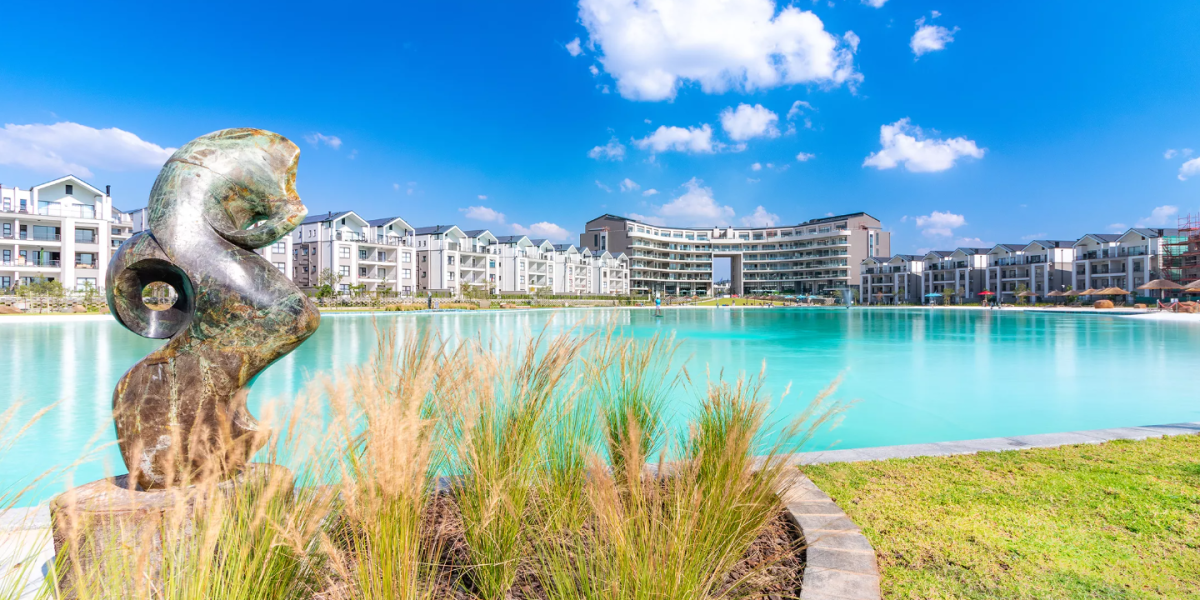
Waterfall City in Johannesburg is the perfect example of a mixed community where many apartments will have permanent residents, but you could also have rental units in between.
Creating Sustainable Communities for the Future
Finally, estates need to be sustainable. Developers play a significant role in creating sustainable communities, but so do residents who become champions of their local causes. There are also different forms of sustainability, such as financial and environmental sustainability.
To live in a successful environment, it needs money. Levies and contributions are necessary for maintaining and improving the environment.
Estates, which are mostly non-profit organizations, have to find ways to stabilize the levy and keep the improvements of the environment without hiking the costs massively.
When buying into a community, it is essential to understand the financial position of the estate, how it is managed, and what plans they have.
Financial sustainability is crucial, and if you combine it with the importance of the surrounding environment, you have to look outside the boundaries of your estate.
There is no point in being little islands; instead, it is essential to maintain one's environment and look outside the gates to see what one can do in other suburbs and environments.
Creating sustainable communities is everyone's responsibility. As taxpayers, residents, and human beings, it is vital to ensure that the infrastructure in our areas works. Neglecting the environment around us will negatively impact our ability to maintain our property value and quality of life.
Overall, creating sustainable communities in residential estates is an essential aspect of responsible development. By prioritizing sustainability, developers can create communities that are not only environmentally friendly but also socially and economically sustainable.
Ready to explore Estate Living?
If you're considering estate living, there are many factors to consider before making a final decision. It's also important to keep in mind the type of lifestyle you and your family lead, to make sure the estate you choose aligns with your needs.
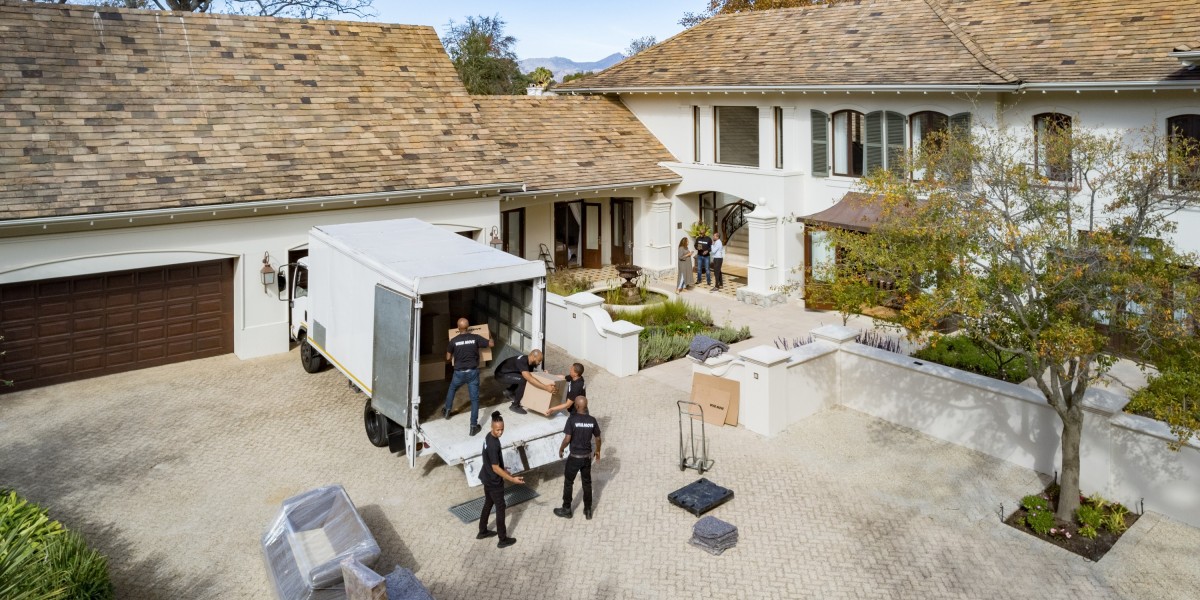
By doing your research and asking the right questions, you can make an informed decision and find the perfect estate to call home.
With careful consideration, you can enjoy all that estate living has to offer and create a fulfilling and enjoyable lifestyle for you and your loved ones. So, are you ready to explore your options when it comes to security and lifestyle estates? The possibilities are endless.
What do our customers say?


